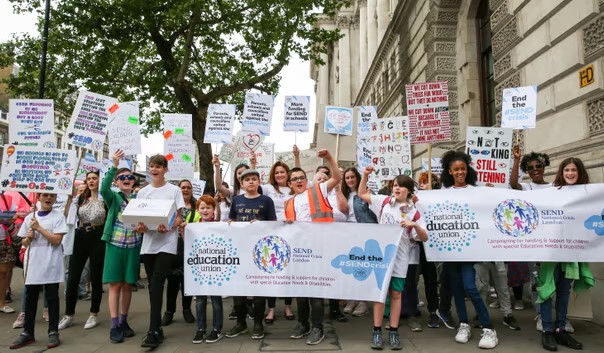Children in England should have learned to read by age seven. Given an age-appropriate book, they are expected to be able to focus on understanding – who the story is about, what is happening – rather than expend effort on sounding out individual words. Literacy, numeracy and social and physical skills are the blocks on which all learning is built. So it is concerning that the latest research on the pandemic’s effects shows that the number of very low attainers in reading, in the third year of schooling, has more than tripled.
In a sample of 6,000 pupils from 81 schools, the proportion who fell below expected levels rose from 2.6% to 9.1% between 2017 and this year. There was also a marked decline in maths, with very low attainers increasing from 2.6% to 5.5% of the total. While there were some signs of a recovery in the 12 months to spring 2022 – a period when schools remained open, with catchup schemes in place – the head of the Education Endowment Foundation, Prof Becky Francis, says that inequality exacerbated by the pandemic is now the “biggest challenge” facing schools overall.


